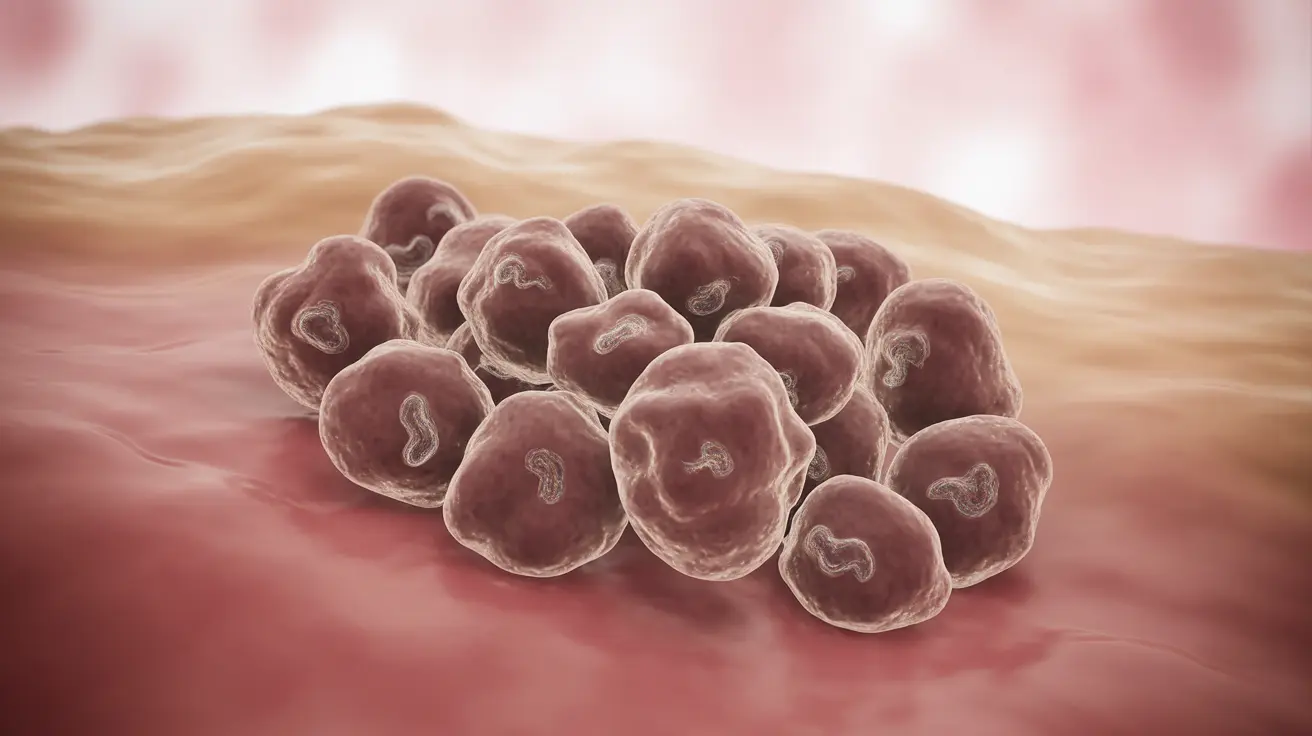Understanding the hereditary aspects of skin cancer is crucial for assessing your personal risk and taking appropriate preventive measures. While environmental factors like sun exposure play a significant role, genetic predisposition can also influence your likelihood of developing skin cancer. This comprehensive guide explores the connection between genetics and skin cancer, helping you understand your risk factors and prevention strategies.
Understanding Genetic Risk Factors for Skin Cancer
Genetic factors can significantly impact your susceptibility to skin cancer, particularly melanoma, the most dangerous form. Inherited gene mutations can affect how your cells respond to DNA damage from UV radiation and other environmental factors, potentially increasing your cancer risk.
Having a family history of skin cancer doesn't guarantee you'll develop the disease, but it does mean you should be more vigilant about prevention and screening. Research shows that approximately 10% of melanoma cases have a familial connection.
Key Genetic Mutations Associated with Skin Cancer
Several specific genes have been identified as playing crucial roles in hereditary skin cancer risk:
- CDKN2A gene mutations (most common in familial melanoma)
- BAP1 gene alterations
- BRCA1 and BRCA2 mutations
- MC1R gene variants (affecting skin pigmentation)
Signs of Hereditary Skin Cancer Syndromes
Certain patterns and characteristics may indicate a genetic predisposition to skin cancer:
- Multiple family members affected by melanoma
- Skin cancer diagnosis at an unusually young age
- Development of multiple primary melanomas
- Presence of other related cancers in the family
- Unusual tumor locations or patterns
Genetic Testing and Assessment
Genetic testing can be valuable for individuals with strong family histories of skin cancer. This testing typically involves analyzing blood samples for specific genetic mutations associated with increased skin cancer risk. However, testing isn't recommended for everyone and should be discussed with a healthcare provider.
When to Consider Genetic Testing
You might be a candidate for genetic testing if:
- Multiple first-degree relatives have had melanoma
- You've had melanoma at a young age (under 40)
- You've had multiple primary melanomas
- Your family has a history of other related cancers
Risk Reduction Strategies
If you have a genetic predisposition to skin cancer, there are several important steps you can take to reduce your risk:
Sun Protection Measures
- Use broad-spectrum sunscreen (SPF 30 or higher)
- Wear protective clothing and wide-brimmed hats
- Avoid peak UV hours (10 am to 4 pm)
- Seek shade when outdoors
Regular Screening and Monitoring
Implement a comprehensive screening routine:
- Monthly self-skin examinations
- Regular professional skin checks
- Documentation of any skin changes
- Early reporting of suspicious changes to your healthcare provider
Frequently Asked Questions
Is skin cancer hereditary and how much does family history affect my risk?
Yes, skin cancer can be hereditary, and family history can significantly increase your risk. Having a first-degree relative with melanoma can double or triple your risk of developing the disease. However, environmental factors still play a crucial role in skin cancer development.
What genes are linked to inherited skin cancer, especially melanoma?
The most common genes linked to inherited skin cancer include CDKN2A, BAP1, BRCA1/2, and MC1R. CDKN2A mutations are particularly associated with familial melanoma, while MC1R variants affect skin pigmentation and sun sensitivity.
Should I consider genetic testing if multiple family members have had skin cancer?
Genetic testing may be beneficial if you have multiple family members with melanoma, especially if diagnoses occurred at young ages or if individuals developed multiple primary melanomas. Consult with a genetic counselor or healthcare provider to determine if testing is appropriate for your situation.
How can I reduce my risk of hereditary skin cancer through lifestyle and skin care?
Practice comprehensive sun protection, including daily sunscreen use, protective clothing, and avoiding peak UV hours. Maintain regular skin screenings, both self-examinations and professional checks. Adopt a healthy lifestyle with proper nutrition and avoid tanning beds.
What are the signs that skin cancer in my family might be caused by a genetic syndrome?
Key indicators include multiple family members with melanoma, early age of onset (before 40), multiple primary melanomas in one individual, unusual cancer patterns or locations, and the presence of other related cancers in the family. These patterns warrant discussion with a healthcare provider.




